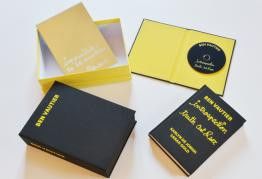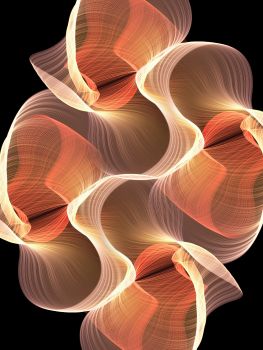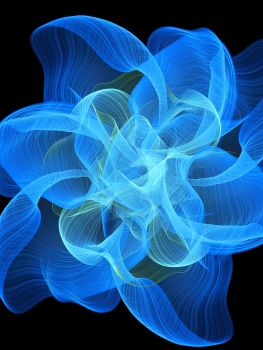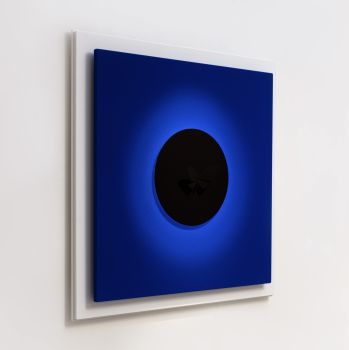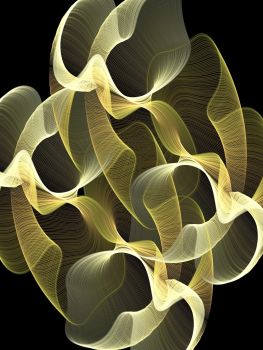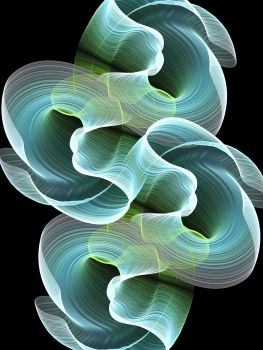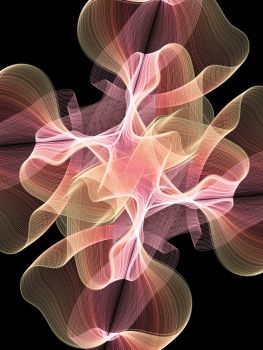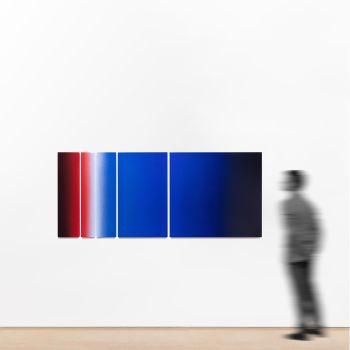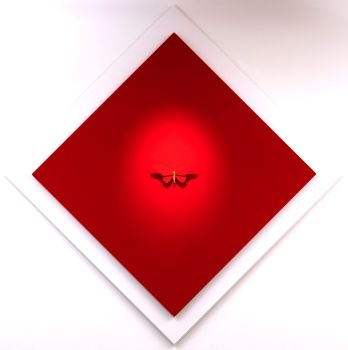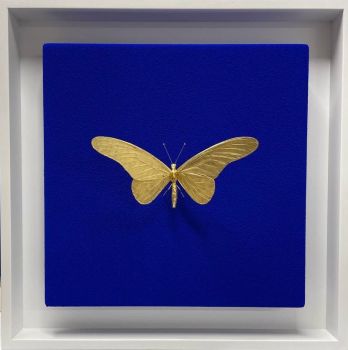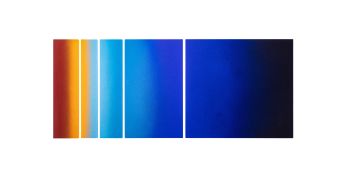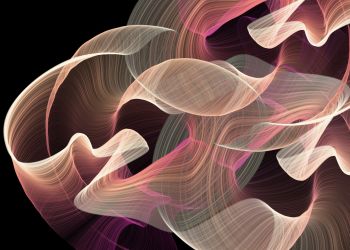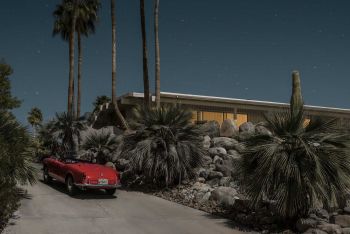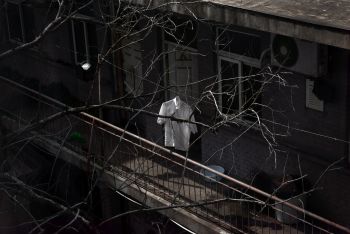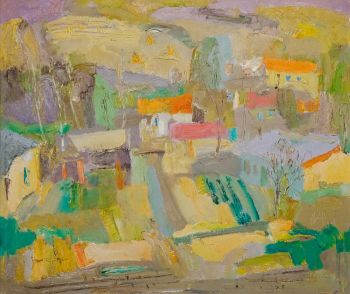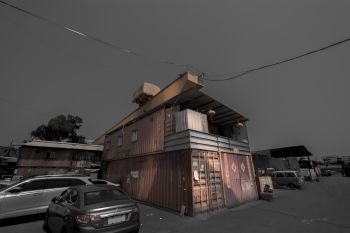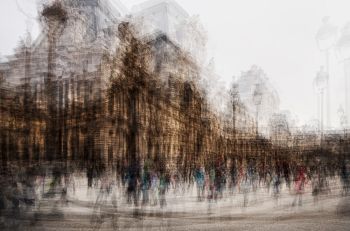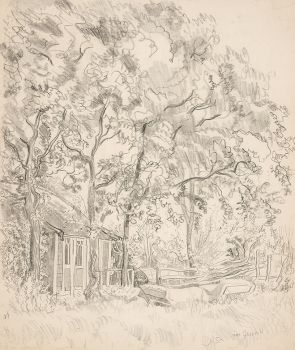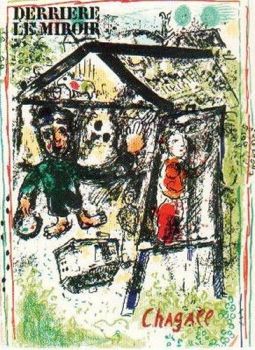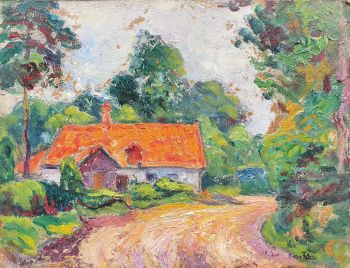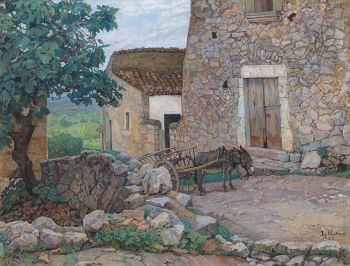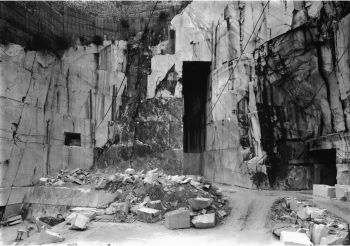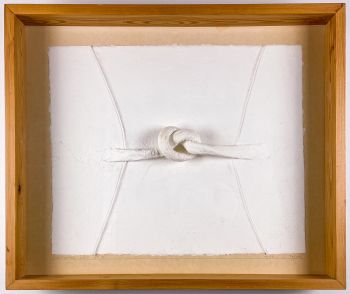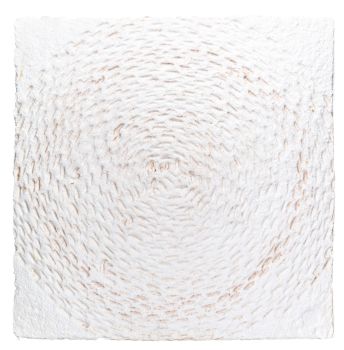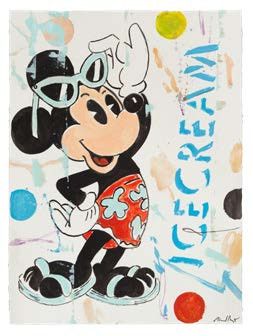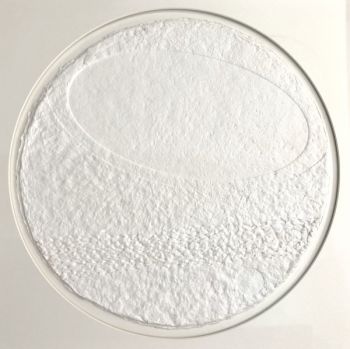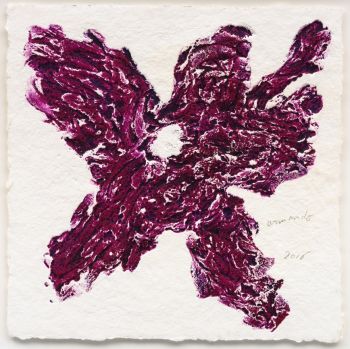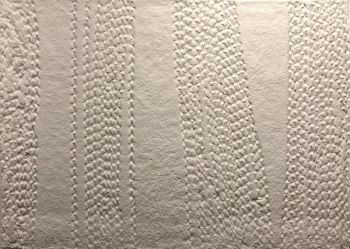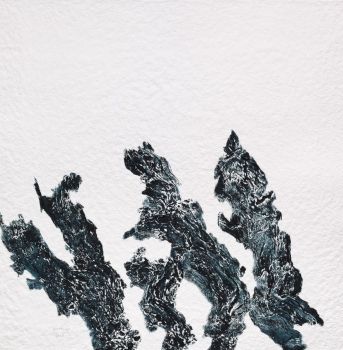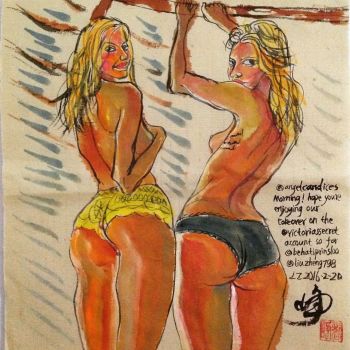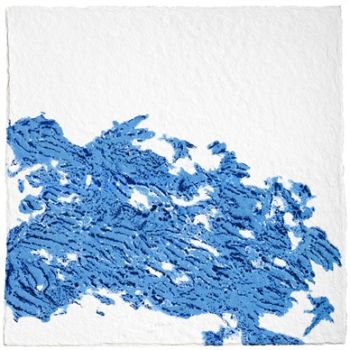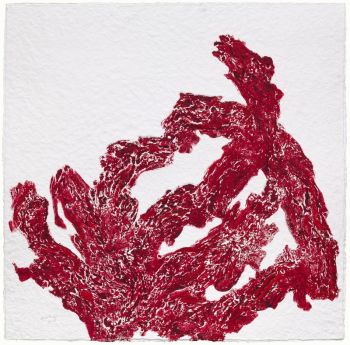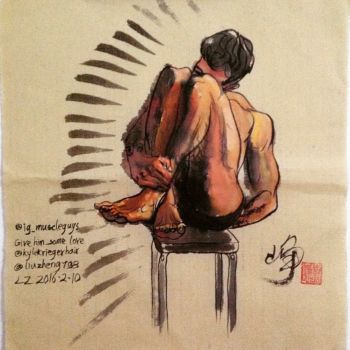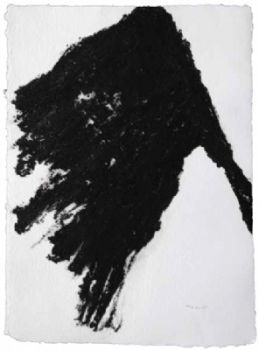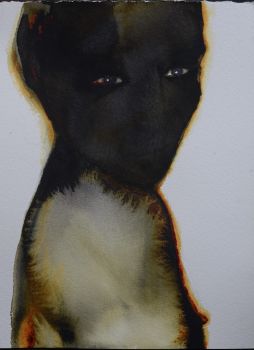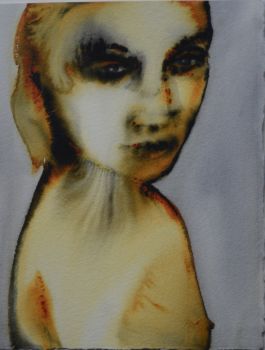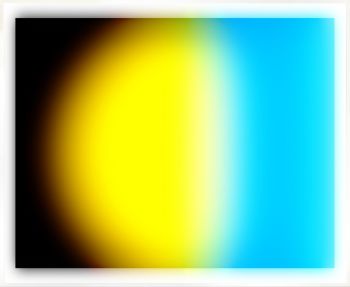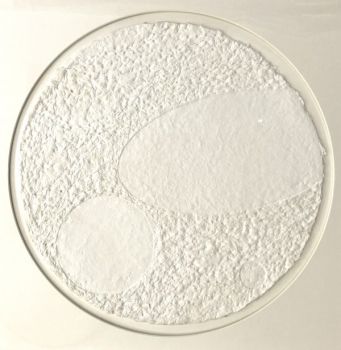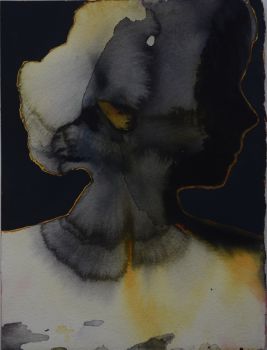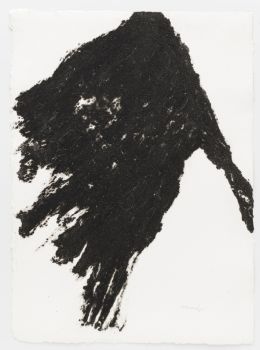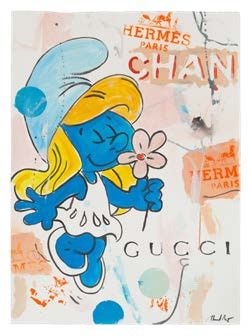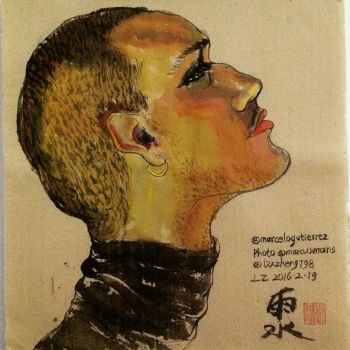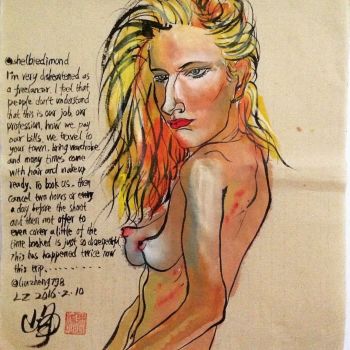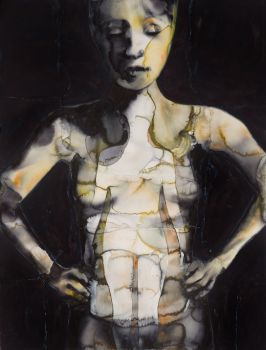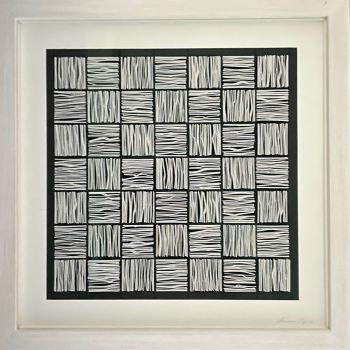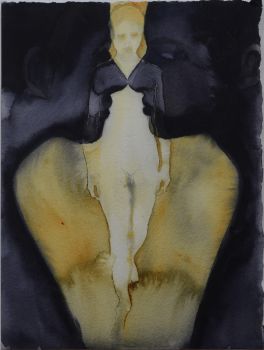"Dioscorides was held in great esteem by all the physicians and scholars in the Islamic period" 1550
Pedanius Dioscorides
PapierPapier fait mainCuir
Actuellement indisponible via Gallerease
- Sur l'oeuvre d'artDIOSCORIDES, Pedanius.
De medica materia libri sex, Ioanne Ruellio Suessionensi interprete.
Venice, Domenico Giglio, 1550.
16mo. Contemporary limp sheepskin parchment.
First Venice edition of a medical work by the Greek physician and pharmacologist Pedanius Dioscorides (c. 40-90), translated by the French physician Jean Ruel. His De materia medica, an encyclopedic work on herbal medicine, was his fundamental work, and can be seen as the precursor of the many later pharmacopoeias. As a Greek in the service of the Roman Empire, he assembled all that was then known concerning the medicinal uses of plants, animals and minerals, adding information from his own experience accompanying the Roman army to Spain, the Middle East, North Africa and elsewhere, where he came to know many Persian, Indian and other exotic medicines.
With the bookplate of Kenneth K. Mackenzie (dated october 1934) on verso side of last blank page and a library stamp on pastedown. First and last few leaves with marginal waterstain, minor browning and some occasional spots. Binding slightly damaged on spine, but overall a very good copy.
Durling 1154; USTC 827015; not in Adams; cf. Garrison, p. 109. - Sur l'artistePedanius Dioscorides (Πεδάνιος Διοσκουρίδης) était un ancien médecin, pharmacologue et botaniste grec, célèbre pour avoir écrit son ouvrage en cinq volumes De Materia Medica. Au IIe siècle avant notre ère, Dioscoride nota: «Le plomb fait céder l'esprit». Le magnum opus De Materia Medica de Dioscoride a eu un impact considérable sur la toxicologie. Il a identifié les propriétés pharmacologiques, les effets curatifs et la composition structurelle (du mieux qu'il pouvait) de plus d'une centaine de plantes auparavant inconnues des médecins romains et grecs. Il a également discuté de plus de 500 plantes connues qui ont probablement été découvertes lors des conquêtes militaires d'Alexandre le Grand. Jusqu'au 17ème siècle, Dioscorides était la source ultime sur les herbes médicinales et la pharmacologie des plantes. Une version traduite a été réimprimée en 1933 et reste une source précieuse d'informations sur différents remèdes naturels. Dioscoride était un ancien médecin, pharmacologue et botaniste grec qui exerçait à Rome à l'époque de Néron. Il a eu l'occasion de voyager beaucoup, à la recherche de substances médicinales de partout dans le monde romain et grec. Il s'est fait connaître en écrivant son ouvrage en cinq volumes De Materia Medicina. Le livre, en plus de devenir l'un des ouvrages les plus influents de l'histoire sur l'utilisation des plantes médicinales, est devenu un précurseur de toutes les pharmacopées modernes. Dans ce document, Dioscoride répertorie les différentes herbes et techniques utilisées par les Grecs, les Romains et d'autres cultures qu'il a étudiées. Le livre est resté la source principale d'informations sur la phytothérapie jusqu'en 1600.
Artwork details
Catégorie
Sujet
Matériel & technique
Related artworks
Tilmanus Nicolaus Maastricht
Missale Romanum avec montures en argent hollandais1788 - 1792
Prix sur demandeJacob J. Roosjen SRI
Antonie Derkinderen
Memory book Exhibition of Dutch Painting1892
Prix sur demandeKunsthandel Pygmalion
Engelbert Kaempfer
LIVRE ENGELBERT KAEMPFER1651 - 1716
Prix sur demandeZebregs & Röell - Fine Art - Antiques
Hermann Nitsch
"UNDER MY SKIN" Signed book incl. small artwork and DVD in a matching box2010 - 2014
Prix sur demandeGallerease Selected
Yoko Ono
YOKO ONO: "ARISING" SIGNED BOOK PLUS SMALL ARTWORK 2010 - 2014
Prix sur demandeGallerease Selected
Engelbert Kaempfer
LIVRE ENGELBERT KAEMPFER1651 - 1716
Prix sur demandeZebregs & Röell - Fine Art - Antiques
Tilmanus Nicolaus Maastricht
Missale Romanum avec montures en argent hollandais1788 - 1792
Prix sur demandeJacob J. Roosjen SRI
Antonie Derkinderen
Memory book Exhibition of Dutch Painting1892
Prix sur demandeKunsthandel Pygmalion
LAWRENCE WEINER
"SKIMMING THE WATER [MENAGE A QUATRE]" Signed book plus small artwork2010 - 2014
Prix sur demandeGallerease Selected
1 - 4 / 22- 1 - 4 / 24
- 1 - 4 / 24

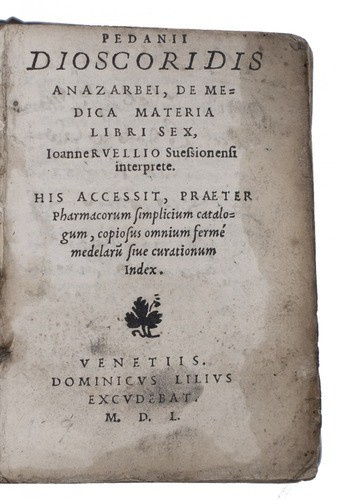





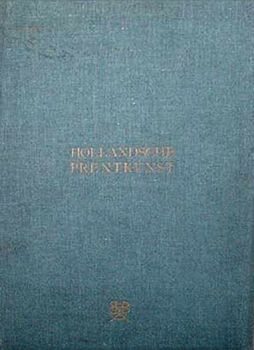
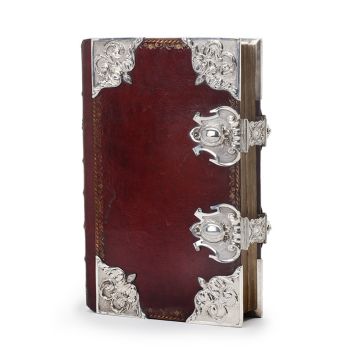
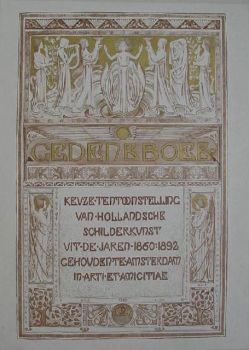
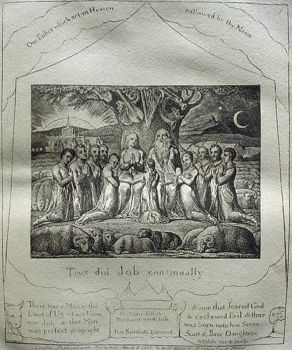
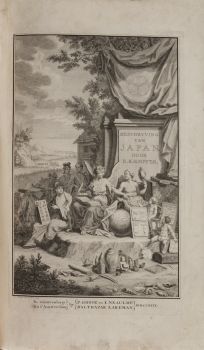
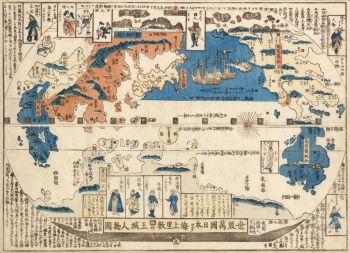
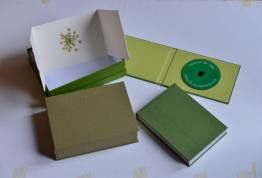
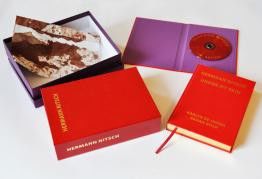
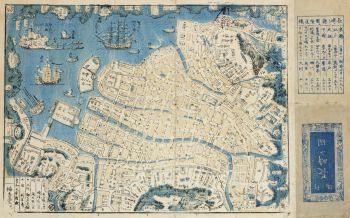
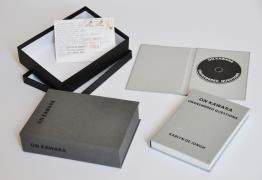
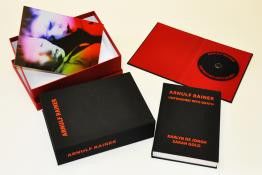
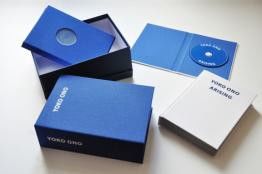
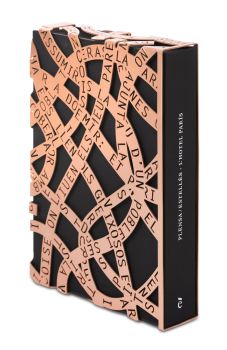

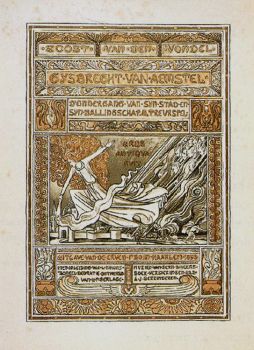
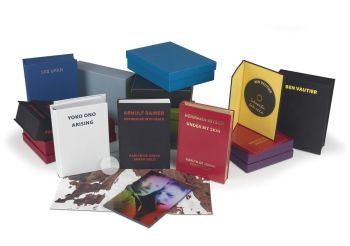
!["SKIMMING THE WATER [MENAGE A QUATRE]" Signed book plus small artwork by LAWRENCE WEINER](https://media-2.gallerease.com/images/442bfd5f-fc31-4e18-a2fa-ee0c08eade64/350x350/skimming-the-water-menage-a-quatre-signed-book-plus-small-artwork.jpg)
